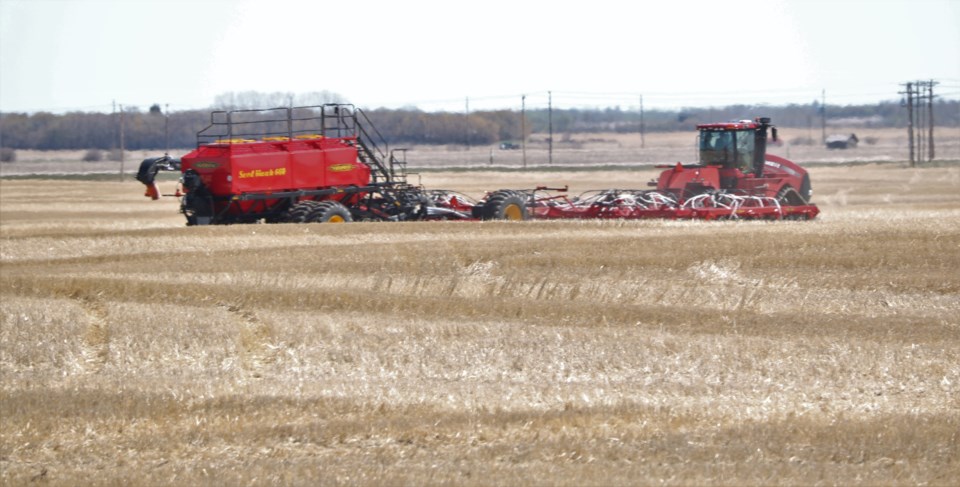YORKTON - Have you ever noticed how business tends to want government to get out of the way and let them get things done when profits are good.
But when margins tighten, or dip into the red, well then a government subsidy often tops the lobbying list.
The issue of course is that both sides of that coin comes with its own problems.
While it’s great that red tape be kept to a minimum without a lot of rules, regulations and laws from government the loss of many employees would be far starker, and the protection of consumers far less.
Business is ultimately focused on profits first and foremost, and regulation keeps the sector with a broader approach to doing things than simply maximizing those profits.
But business is also rather good at not putting away a lot of money for those rainy days of market downturns whether we are talking the farm sector, or oil sector, or mining, forestry or any other you might think of.
When things tighten government help is often sought.
The problem is a government subsidy always skews markets.
Ideally supply and demand should be the driving force in markets, which means as demand wanes prices decline, producers in turn reduce production until demand increases sending a message to again produce more by offering better prices.
It's a roller coaster ride by nature, but it is production responding to markets.
A subsidy helps whoever gets the cheque, but it also trumps natural market singles.
Take for example bio-fuels.
The idea of bio-fuels is a good one environmentally in terms of questionable atmosphere harming emissions, but of course the oil patch isn’t enamoured with the competition.
For the most part to-date fossil fuels have been at least competitive, if not lower priced than bio options.
So government has tended to support bio-fuels with subsidies.
For example there were bio-fuel incentives contained in the U.S. Inflation Reduction Act (IRA), which was signed into law in August 2022.
The IRA, which will provide American manufacturers with a production tax credit of up to US $1 per gallon for renewable diesel and $1.75 for sustainable aviation fuel.
That credit comes into force Jan. 1, 2025.
An article at www.producer.com noted Canadian producers will not be eligible for the credit, so it eliminates the U.S. as a viable export market for Canadian clean fuel.
Meanwhile, U.S. manufacturers will still be eligible for the credit even if they export the product, which would make Canadian clean fuel less competitive than U.S. fuel in the domestic market.
The subsidy throws a significant wrench into the North American bio-fuel sector, and of course has Canadian producers wanting the federal government here to respond with financial help – which would further muddy the market.
Ultimately, even when a sector wants federal help, its impact is probably ultimately not a good thing.

